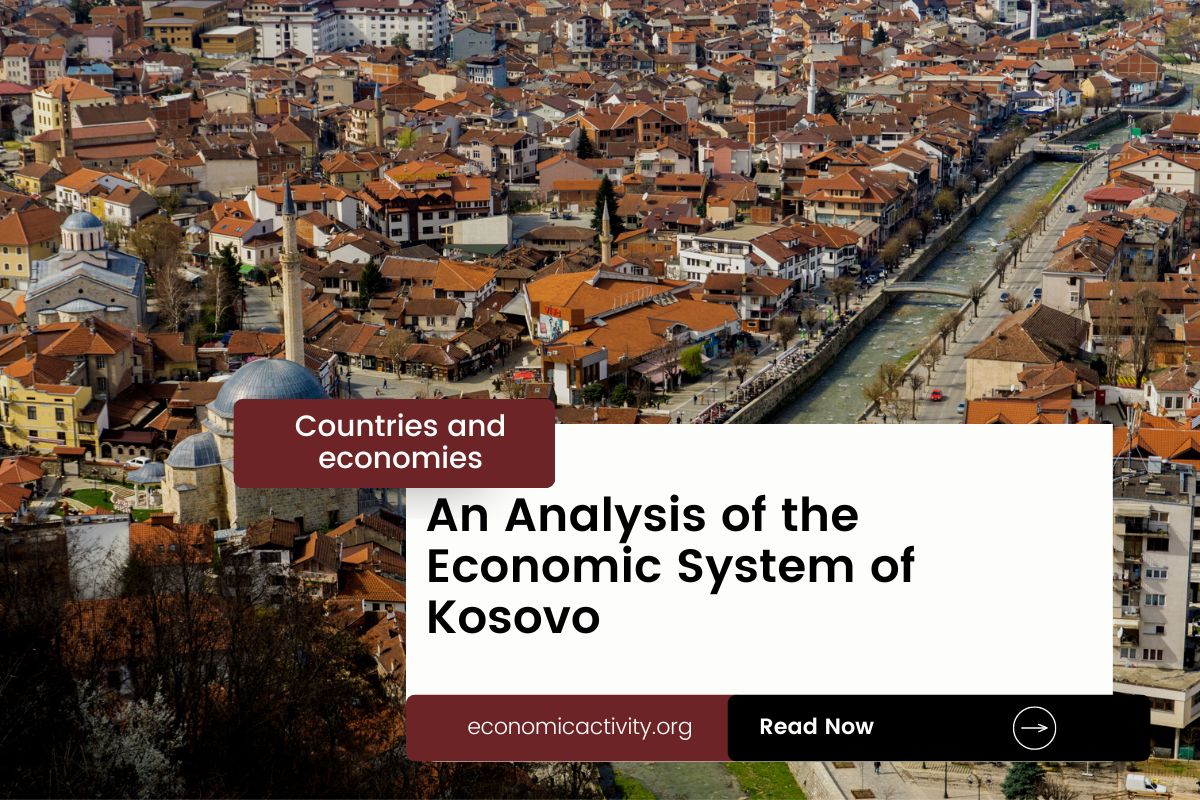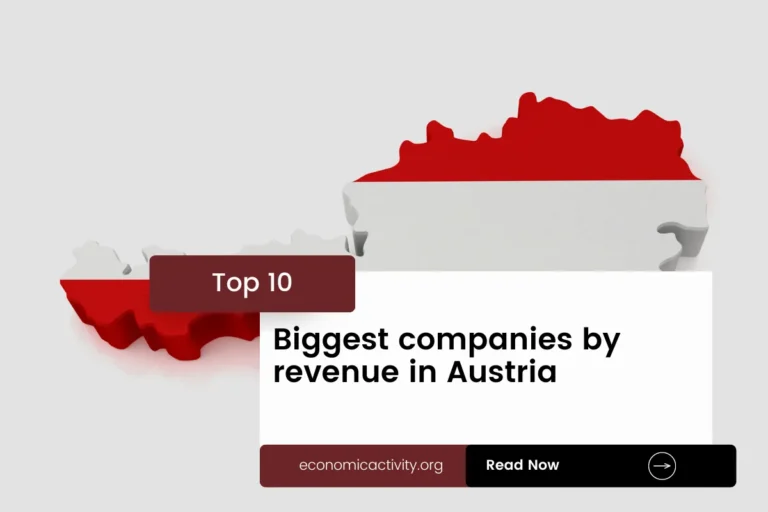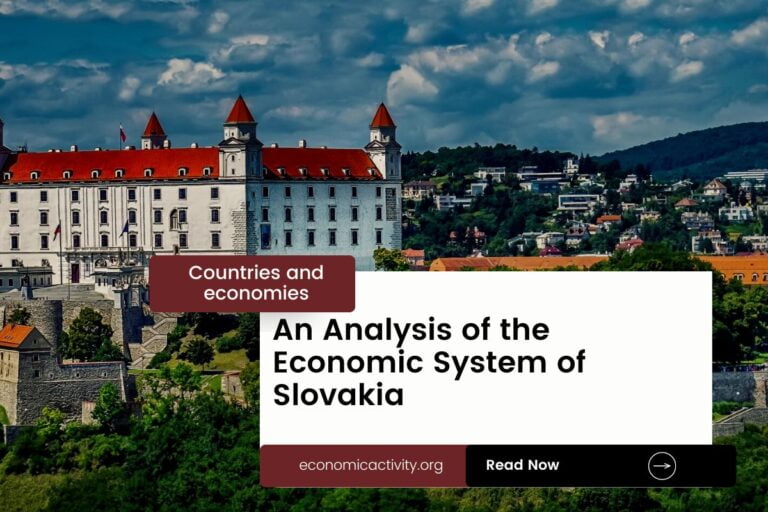What is the economic system of Kosovo? The economy of Kosovo is based on a mixed economy. The country’s economic system combines elements of a market economy and a planned economy.
Kosovo’s economy is heavily reliant on remittances, agriculture, and trade. The country faces high unemployment and poverty rates but has seen some growth in recent years.
In Kosovo, the economy is composed of a private sector, consisting of individuals and businesses that make autonomous decisions based on self-interest, and a public sector, where the state determines the production and distribution of certain goods and services. No country is purely capitalist or purely communist.
What do the freedom indexes tell about the economic system of Kosovo?
Now, to determine if a country is mostly a market economy or a planned economy, it is useful to examine some economic indexes. For instance, according to the 2022 Index of Economic Freedom, which measures the ability of every human to control his own labor and property, Kosovo is ranked 86th globally and 40th in Europe indicating that the country has a moderately free economy.
In a similar way, the 2022 Freedom House index evaluates the state of political rights and civil liberties globally. Generally, market economies tend to align more with democracy and freedom, while command economies tend to be characterized by greater state control and fewer democratic and civil liberty protections. Kosovo gets a score of 56/100, which qualifies it as Partly Free.
Kosovo is considered to have a government that does not control what people do, and people can make their own economic decisions, but it is only considered an electoral democracy, lacking full liberal democratic protections.
The Link Between Public Sector Employment and the Economic System of Kosovo
An indicator of the extent to which the State is involved in the economy is the number of public sector employees. In Kosovo, according to ILOSTAT, the number of public sector employees as a percentage of the total workforce is 27.8% (2020).
In the country’s mixed economy, the number of public sector employees as a percentage of the total workforce varies based on the specific policies and practices adopted by the State. Some economic activities are left to the private sector while others are under government control. The bigger the public sector the closer is the economy to being a command economy.
What do the biggest companies in Kosovo say about the country’s economic system?
The biggest company in Kosovo should also be looked at, as well as whether it is a state-owned or private company. In this case, ProCredit Bank Sh.a is a Kosovo-based bank providing financial services to individuals, SMEs, and micro-entrepreneurs. It offers loans, deposits, payments, and other services. It is 100% owned by ProCredit Holding, based in Frankfurt am Main, Germany.
Kosovo’s private sector industries include agriculture, construction, and retail. Public industries include healthcare, education, and transportation.
The historical factors that have influenced the economic system of Kosovo
Kosovo’s mixed economy system is the result of a combination of factors, including the legacy of the Yugoslavian socialist economy, the transition to a market economy after the dissolution of Yugoslavia, and the influence of foreign aid and investment.
This system supported the develop a strong private sector, while still maintaining a strong public sector presence.





Leave a Reply